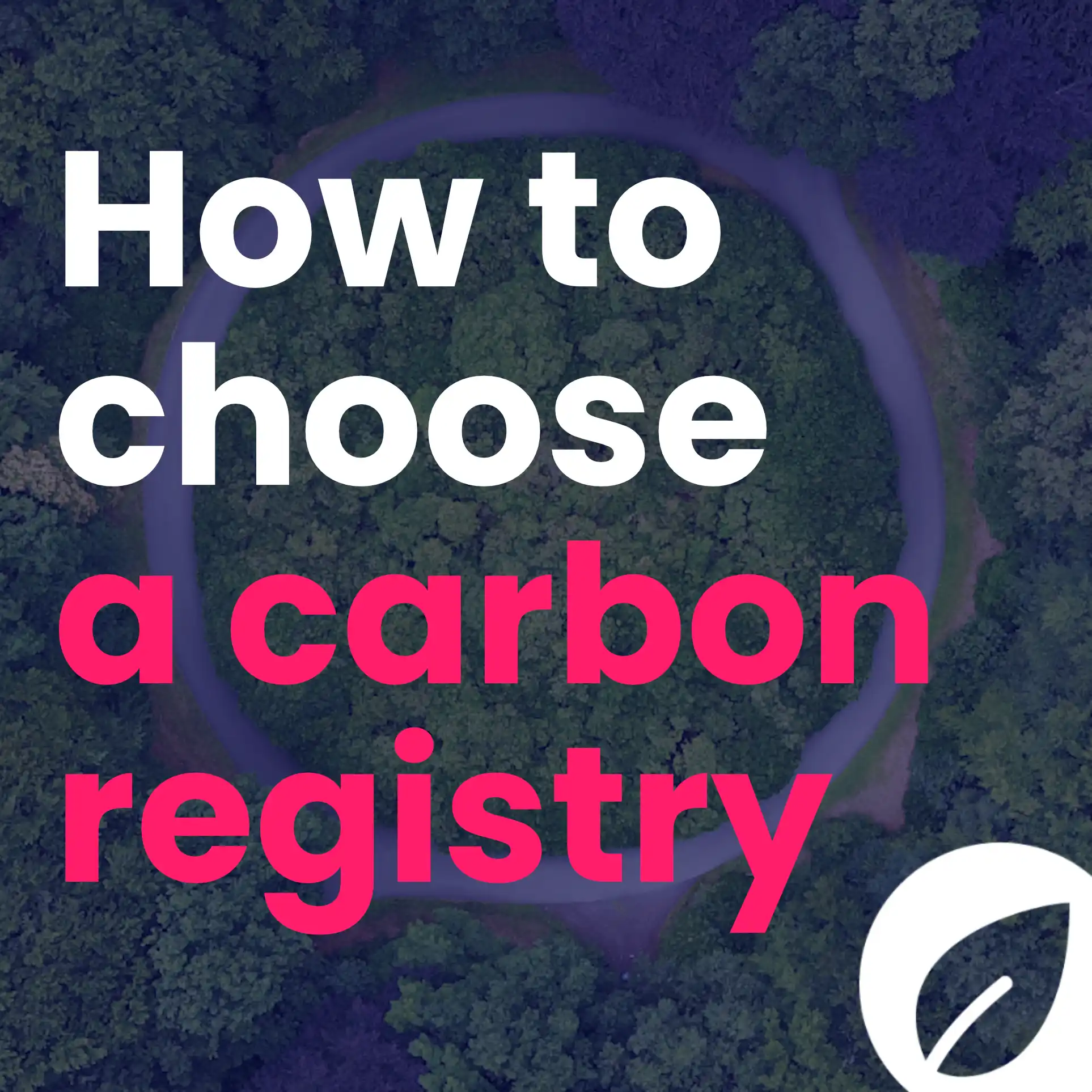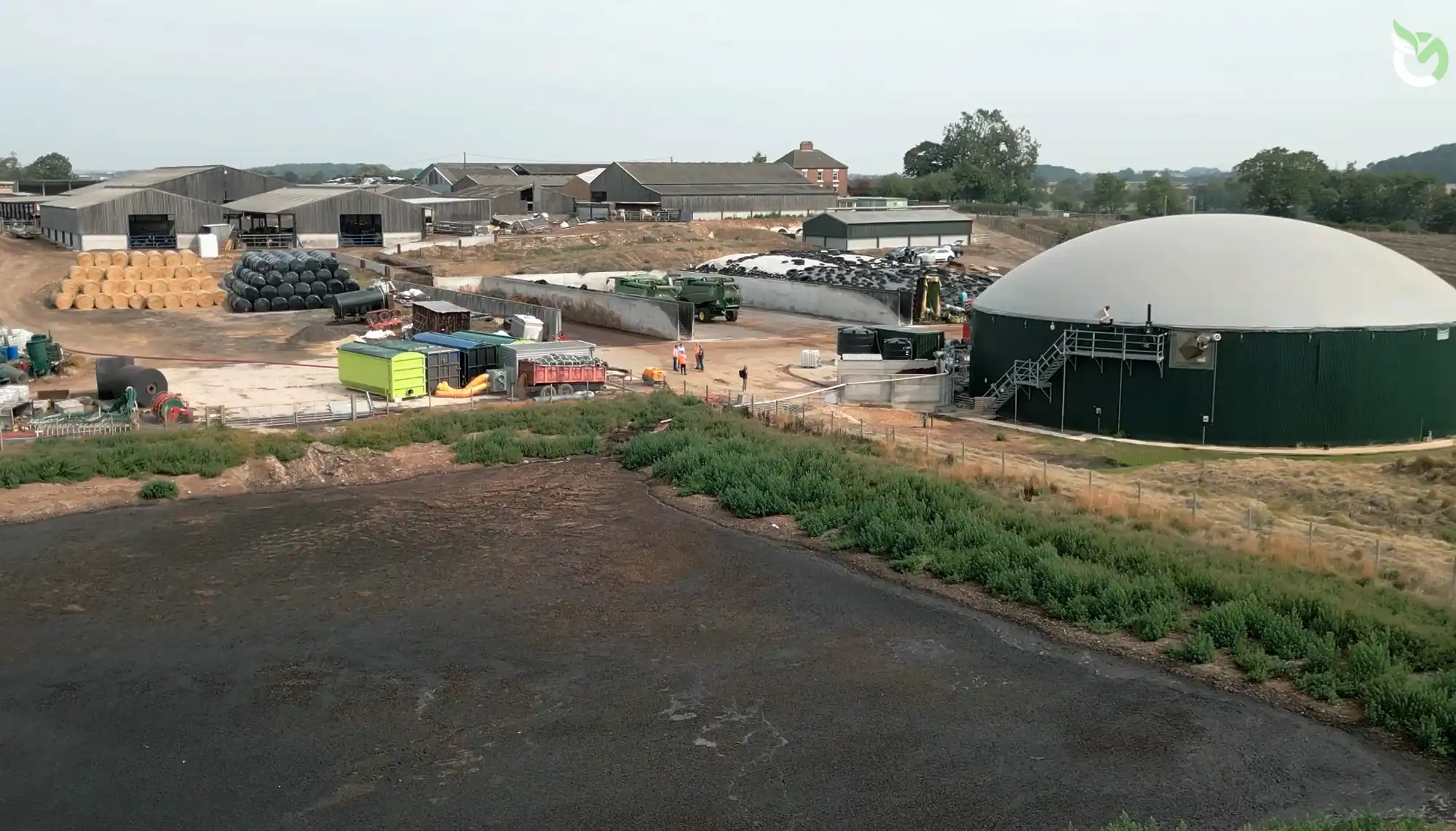Sustainable Development Goals: the basics
Want to learn more about the SDGs? We've got you covered - discover what they are, how they came about and why they're so important.

Project successes
Michael Tye, Senior Net Zero Analyst at Onnu
What are the SDGs?
The Sustainable Development Goals (SDGs) were developed by the United Nations as a call to action to end poverty, protect the environment, and raise standards of living across the world. These 17 SDGs (also known as the Global Goals) have been adopted by all UN member states and aim to provide actionable targets that can improve lives and limit damage to the environment.
The overarching aim of the SDGs is to achieve sustainable development around the world. Each goal does this by targeting one of the three dimensions of sustainable development: economic growth, social inclusion, and environmental protection.
How did the SDGs come about?
In 2015, the United Nations member states convened at the Sustainable Development Summit in New York. The task before them was to continue the work of the Millennium Development Goals (MDGs). The MDGs had made considerable progress towards fighting poverty, disease, and environmental degradation, however there was still a lot of work to be done.
The Sustainable Development Goals formed the centrepiece of the 2030 Agenda for Sustainable Development. Although similar in nature to the MDGs, the SDGs have a larger scope and are more actionable, with 169 tangible targets and indicators accompanying the 17 goals.
Overview of the SDGs
Each goal is listed below. Every individual goal is split into targets, and progress towards each target can be measured via indicators.
- 1. No poverty
- 2. Zero hunger
- 3. Good health and well-being
- 4. Quality education
- 5. Gender equality
- 6. Clean water and sanitation
- 7. Affordable and clean energy
- 8. Decent work and economic growth
- 9. Industry, innovation and infrastructure
- 10. Reduced inequalities
- 11. Sustainable cities and communities
- 12. Responsible consumption and production
- 13. Climate action
- 14. Life below water
- 15. Life on land
- 16. Peace, justice, and strong institutions
- 17. Partnerships for the goals
Although each goal can be viewed independently, the strength of the SDGs comes from their capacity for integration. For example, implementation of renewable energy can make progress towards Goal 7: Affordable and Clean Energy but also towards Goal 13: Climate Action.
Why are the SDGs important for businesses?
It is becoming increasingly important for businesses to understand their impact on the world. The SDGs provide a framework for businesses to acknowledge and improve their global impact, while also improving their bottom line. Sustainability is an ever-increasing factor in consumer decision making, meaning companies with a focus on SDGs can reach new markets.
Focusing on the goals can create new market opportunities but can also increase profits. For example, by increasing energy efficiency, progress towards the goals can be reached while cost cutting.
As well as this, focusing on the SDGs allows businesses to hire and retain higher quality workers, with a study by Cone Communications showing that 75% of millennials would take a pay cut to work for a more socially responsible company. Working for a socially responsible company can improve staff fulfilment and productivity.
Conclusion
The 2020s is an important time for the SDGs. It is widely felt that progress towards the SDGs is seriously behind schedule, with 30% of the goals showing no progress or even backwards progress.


Nevertheless, there is still hope to achieve significant progress towards the Global Goals. The SDG summit this month (18-19 September) will mark the beginning of a new phase of accelerated progress towards the Sustainable Development Goals according to the United Nations.



